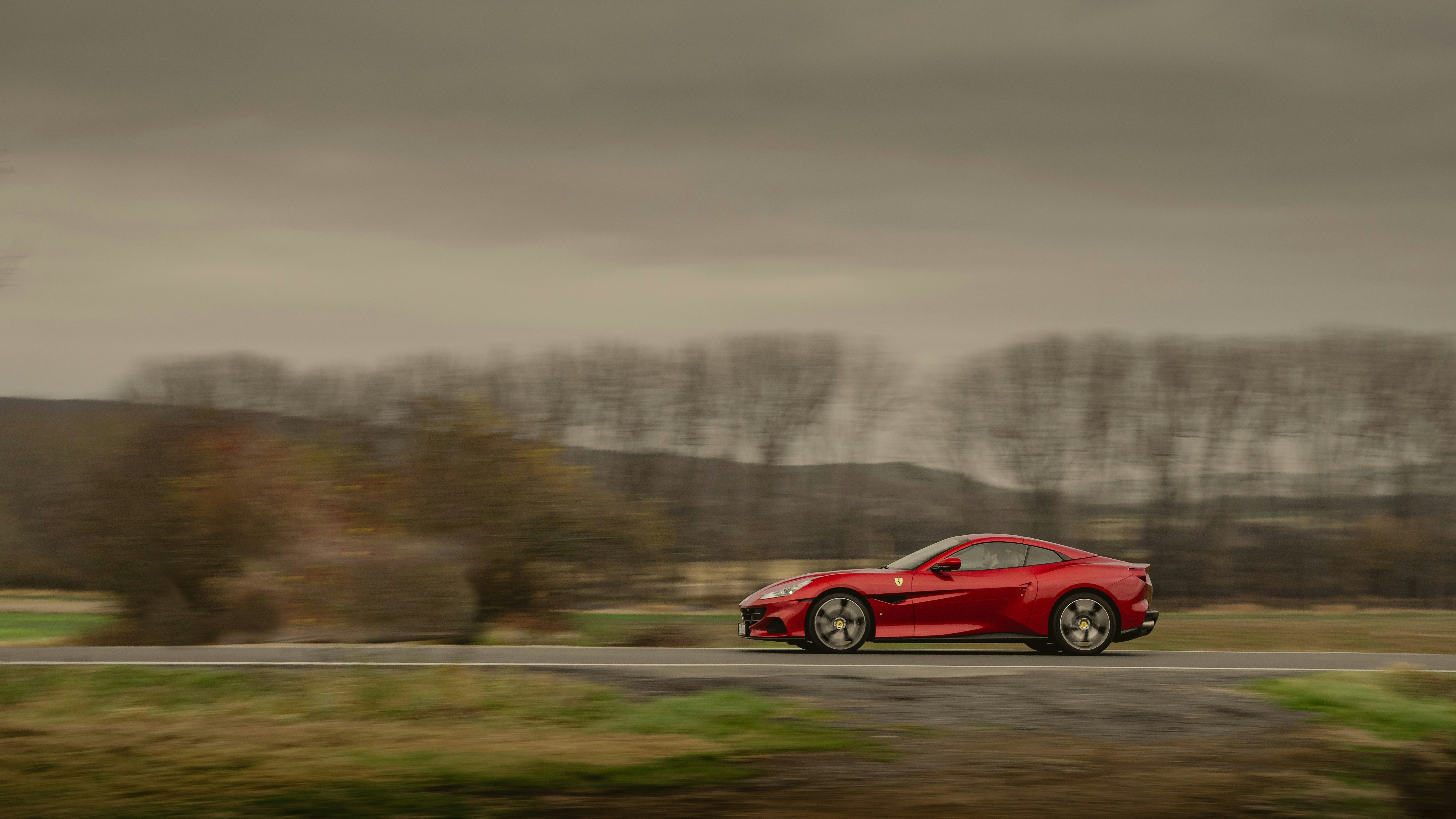
The false economy of hibernation
There’s a romantic idea that cars can be “laid up” for winter – tucked away until the sun shines again. But the truth is less forgiving. Cars are living, breathing machines. Leave one standing for months in a damp garage or a lock-up and the slow decline begins almost immediately.
Batteries discharge and sulphate. Tyres develop flat spots. Seals harden, and fluids separate or deteriorate. Meanwhile, condensation creeps into every corner of the bodywork and engine bay, encouraging rust in places you’ll only discover when it’s too late.
Come spring, what should be a joyful moment – turning the key and hearing your classic roar back into life – too often turns into a costly recommissioning exercise. Fuel systems need cleaning, brakes need rebuilding, electrics misbehave. What could have been a carefree Sunday drive becomes another bill from the workshop.
A collector’s dilemma
This is something Tom Chilton, professional touring car driver, long-time classic enthusiast and Birch Commercial Director knows only too well.
“I’ve seen too many cars lose value and reliability because they weren’t stored properly over winter,” he explains. “You end up with cars that spend the first weeks of spring in the workshop instead of on the road. At Birch, you know they’re ready to go the moment the sun comes back – and that’s priceless when you want to enjoy your collection.”
It’s a point worth dwelling on. Classic cars are more than machines – they’re heirlooms, investments, and passions bound up in metal, leather, and history. Owning one isn’t just about having it; it’s about being able to use it. And the sad reality is that many collections spend as much time being revived as they do being enjoyed, purely because they weren’t stored in the right way.

Rest, not neglect
At Birch, we think of winter not as “hibernation” but as a time of rest. The difference is crucial.
When your car comes into Birch, it doesn’t disappear under a dust cover for six months. Instead, it enters a climate-monitored environment designed to minimise the swings in temperature and humidity that do the most damage over winter. Tyres are protected from flat-spotting. Batteries are maintained through proper conditioning. Fluids are checked, leaks are spotted, and the little details that often escape attention in private garages are kept under control.
This is what separates a car that wakes up ready to drive from one that wakes up needing work. And for collectors, that separation matters. It preserves not only the mechanical health of the car but also its financial value. A car that doesn’t deteriorate in storage is a car that remains as much an investment tomorrow as it was today.
The value of readiness
There’s another benefit too – readiness. Anyone who owns a classic knows the frustration of a rare winter’s day when the roads are dry, the sun is out, and the urge to drive becomes irresistible. For most, that means hours of preparation: charging batteries, checking fluids, and hoping nothing has seized.
But with professional storage, that frustration disappears. Your car is always ready to go – tyres checked, battery conditioned, all systems overseen. Instead of wondering whether the car will start, you simply enjoy the fact that it does.
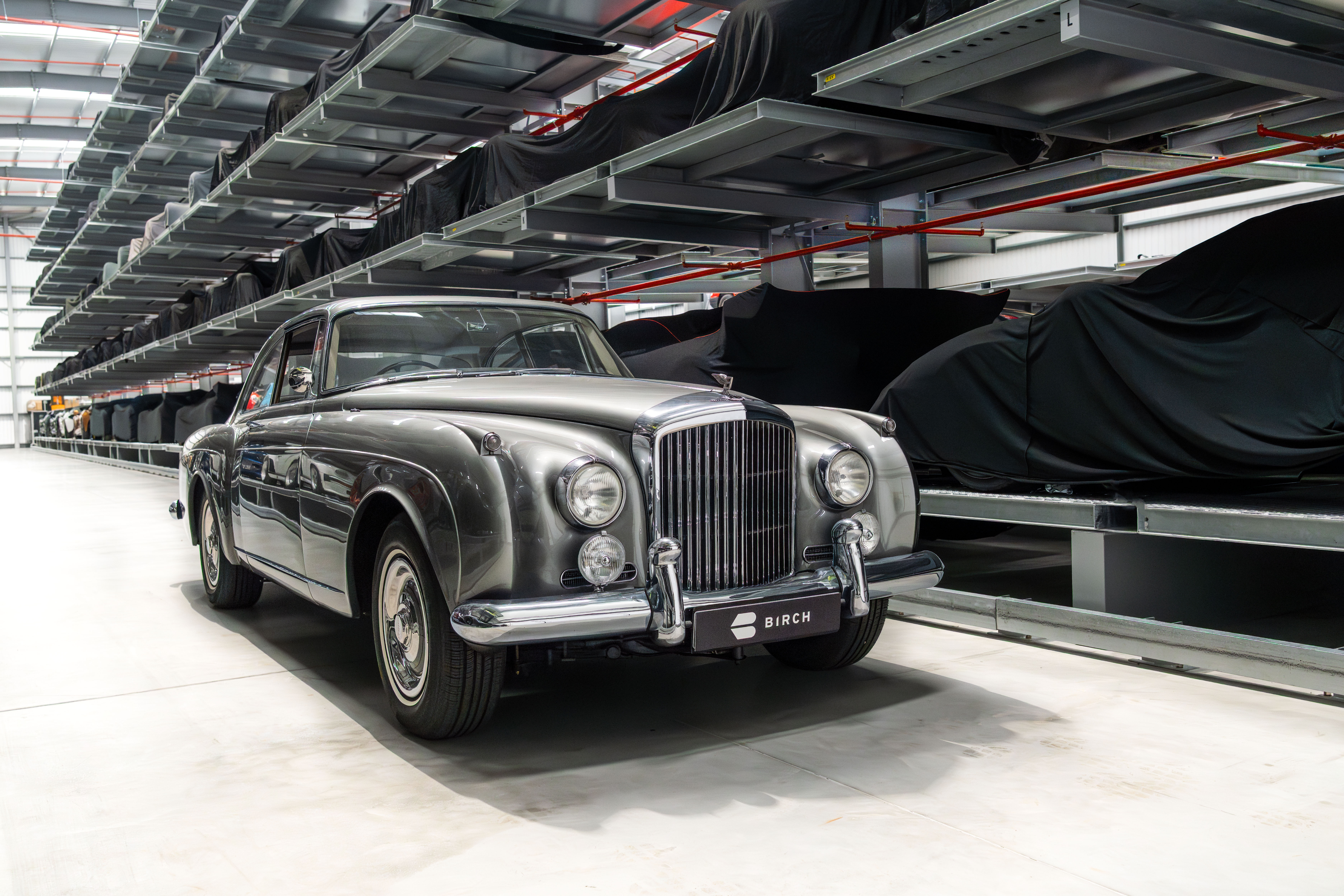
More than storage
The Birch philosophy is simple: storing a car isn’t about locking it away; it’s about maintaining it so that it can be enjoyed without hesitation. That’s why so many owners trust us with collections that represent decades of passion and history.
As Tom Chilton points out, “The way you store your cars decides how you get to use them. For me, knowing they’re cared for means I can just enjoy driving them when I want. That’s what owning classics is supposed to be about.”
Winter without worry
The end of summer doesn’t need to mean the start of deterioration. With the right care, winter can be a period of safe rest – a pause before another season of driving, not an extended slide into costly repair.
At Birch, we make sure that when you put your classics to bed, you’re not neglecting them. You’re preserving them – so when the roads dry and the sun comes back, the only thing between you and the perfect drive is turning the key.
%20(Large).jpg)






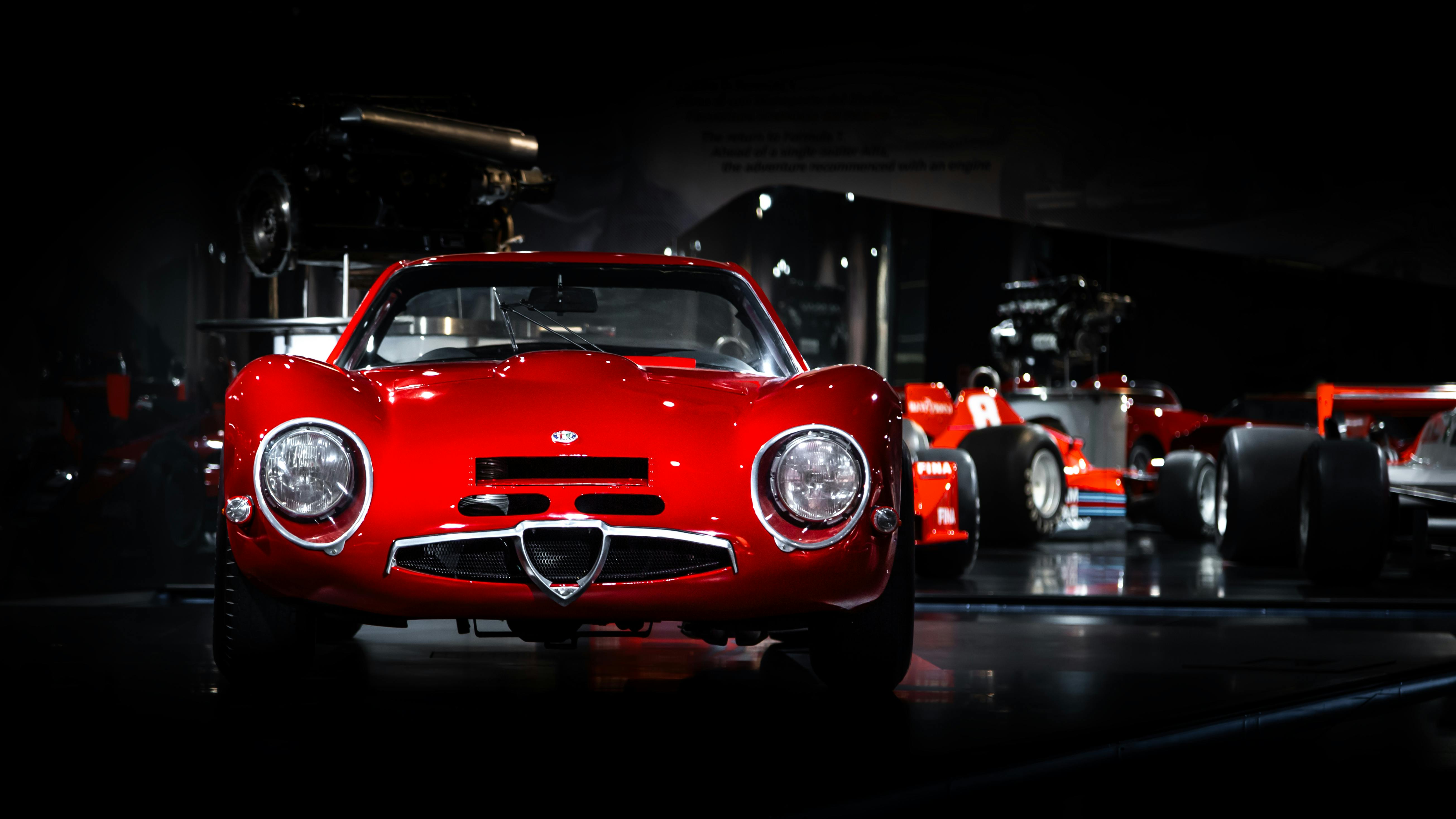

.jpg)


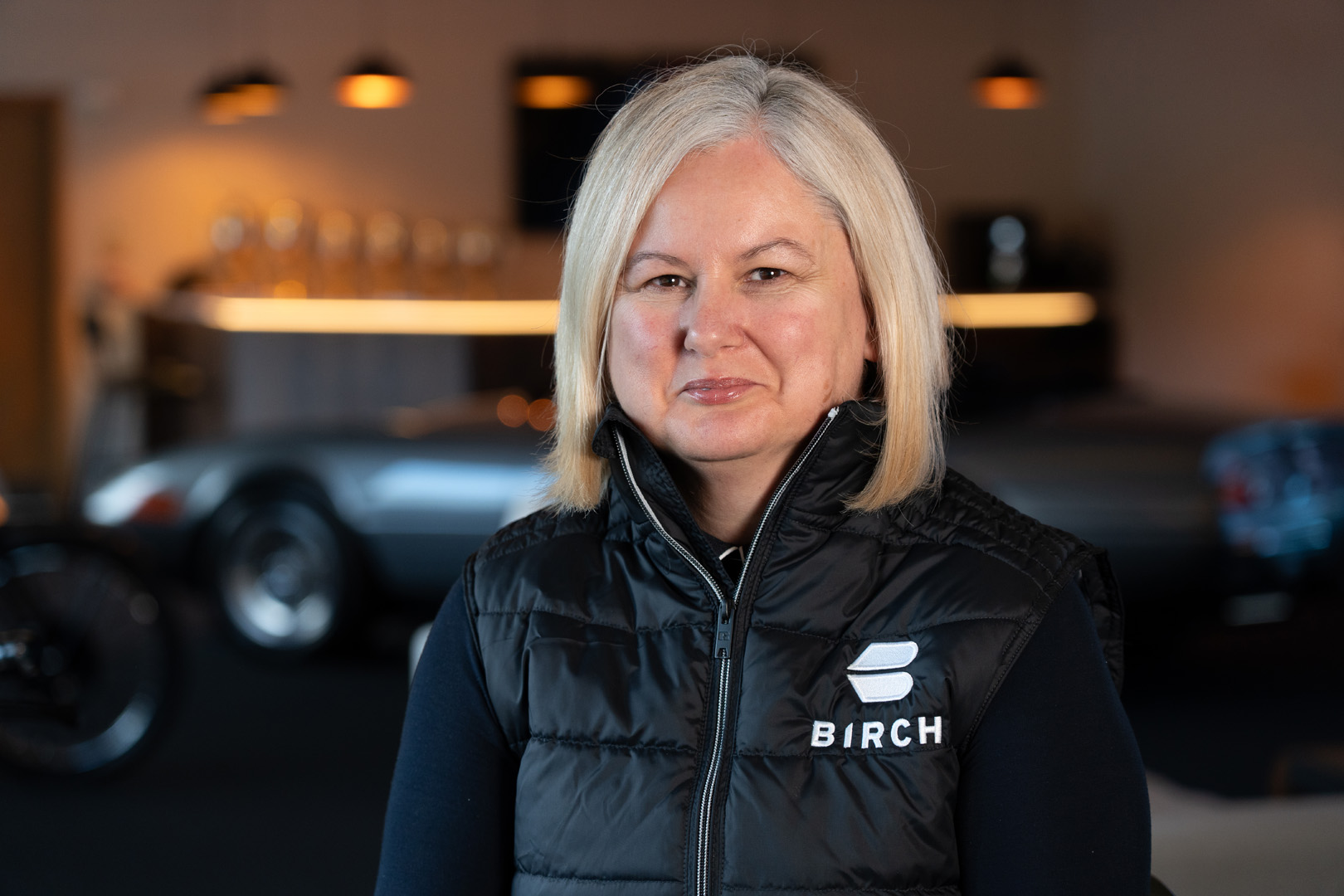

.jpg)

.jpg)

.jpg)
.jpg)
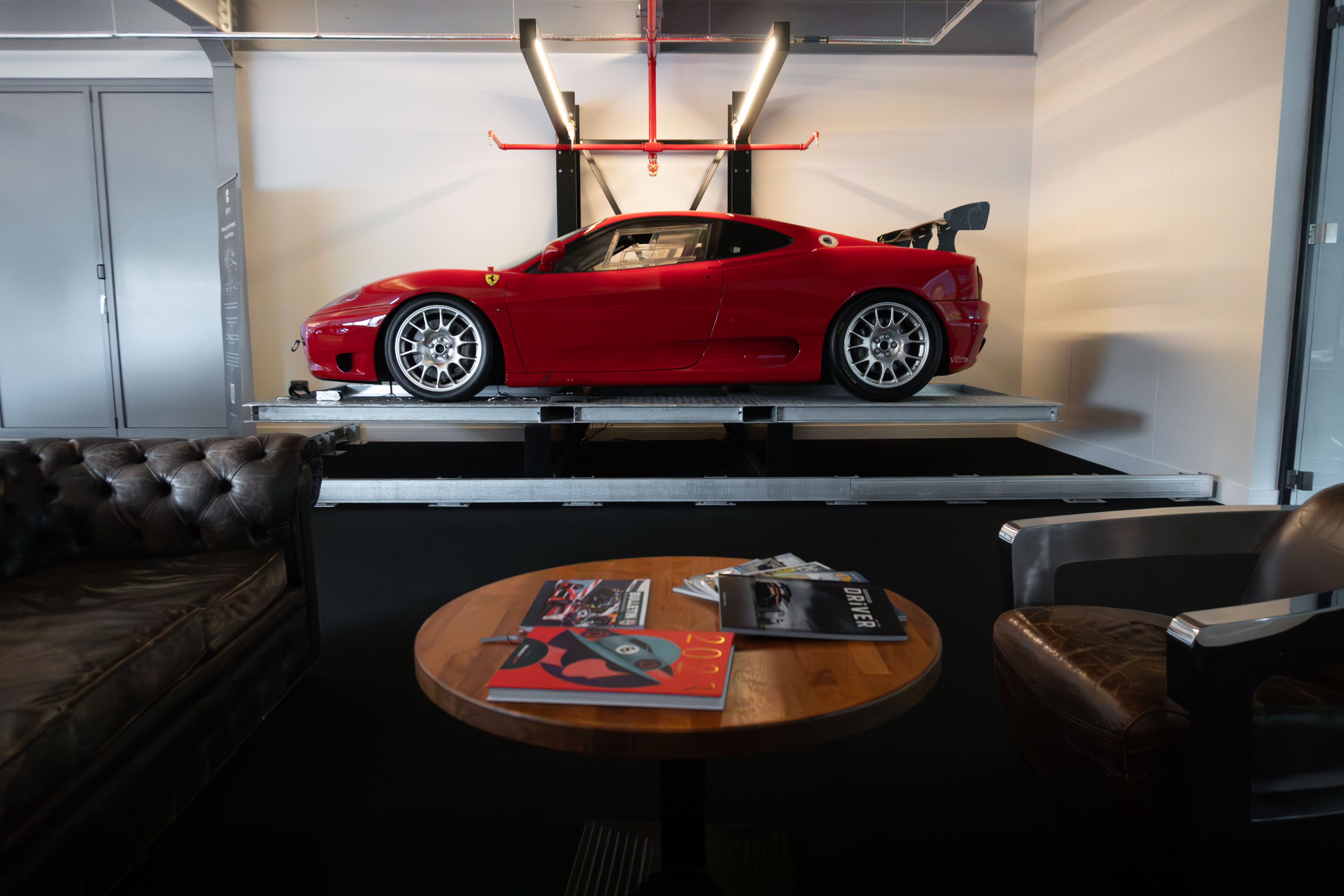



.jpg)
.jpg)
.jpg)
.jpg)